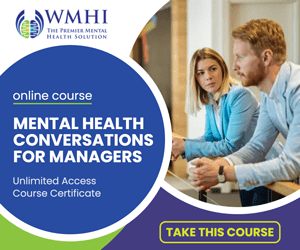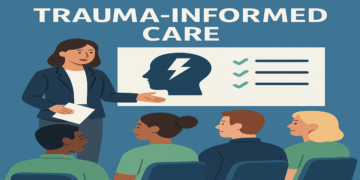Masturbation is a natural and common human behavior, yet it remains a topic often shrouded in stigma, misinformation, and taboo. As conversations around mental health continue to gain traction, many have begun to explore the potential psychological benefits—or drawbacks—of masturbation. This article aims to provide a balanced, evidence-based perspective on whether masturbation can improve mental health, examining both the positive and negative aspects.
How Masturbation Can Improve Mental Health
Masturbation is a form of self-stimulation that can lead to sexual pleasure and orgasm. From a physiological standpoint, it triggers the release of several key neurotransmitters and hormones, including dopamine, oxytocin, and endorphins. These chemicals are associated with feelings of pleasure, relaxation, and well-being, which can have a direct impact on mental health. Below are some of the potential mental health benefits:
1. Stress Reduction
Masturbation is widely recognized for its ability to reduce stress. The release of endorphins and oxytocin during orgasm promotes relaxation and lowers cortisol levels, the body’s primary stress hormone. This can help alleviate feelings of anxiety and tension, providing a temporary mental escape.
2. Improved Sleep
Masturbation can aid in improving sleep quality. The release of prolactin and oxytocin post-orgasm is linked to feelings of drowsiness and relaxation, making it easier to fall asleep. For individuals struggling with insomnia or restlessness, this can be a natural and accessible remedy.
3. Mood Enhancement
The dopamine released during masturbation acts as a natural mood booster. This “feel-good” chemical can help combat feelings of sadness or depression, even if only temporarily. For some, masturbation can serve as a healthy coping mechanism during difficult times.
4. Self-Esteem and Body Positivity
Engaging in masturbation can help individuals become more comfortable with their bodies and sexual desires. This self-exploration can foster a sense of empowerment and self-acceptance, which are crucial components of positive mental health.
5. Pain Relief
The release of endorphins during orgasm can act as a natural painkiller, helping to alleviate headaches, menstrual cramps, and other types of physical discomfort. This indirect benefit can contribute to improved mental well-being by reducing physical stressors.
Potential Drawbacks and Considerations
While masturbation can offer mental health benefits, it is not a one-size-fits-all solution. For some individuals, it may have unintended negative effects, particularly if it becomes compulsive or is accompanied by feelings of guilt or shame. Below are some potential drawbacks:
1. Compulsive Behavior
In rare cases, masturbation can become a compulsive behavior, interfering with daily life and responsibilities. This may indicate an underlying issue, such as an addiction or mental health disorder, that requires professional attention. Compulsive masturbation can lead to feelings of loss of control and exacerbate stress or anxiety.
2. Cultural and Religious Stigma
For individuals raised in cultures or religions that view masturbation as immoral or shameful, the act may lead to feelings of guilt or anxiety. These negative emotions can outweigh any potential mental health benefits, creating internal conflict and emotional distress.
3. Unrealistic Expectations
Frequent masturbation, especially when paired with pornography, may lead to unrealistic expectations about sex or body image. This can contribute to dissatisfaction in real-life relationships or self-esteem issues, potentially harming mental health over time.
4. Isolation and Avoidance
If used as a coping mechanism to avoid dealing with underlying emotional or psychological issues, masturbation can become a form of escapism. This may prevent individuals from addressing the root causes of their mental health challenges, such as depression or anxiety.
5. Physical Discomfort or Overuse
Excessive masturbation can sometimes lead to physical discomfort, such as soreness or irritation. While rare, this can create a negative association with the act and detract from its potential mental health benefits.
Masturbation as Part of a Holistic Approach to Mental Health
It is important to view masturbation as one of many tools that can contribute to mental well-being, rather than a standalone solution. While it can provide temporary relief from stress, anxiety, or low mood, it is not a substitute for professional mental health care. Individuals experiencing chronic mental health issues should seek support from a therapist or counselor.
Moreover, the relationship between masturbation and mental health is highly individual. What works for one person may not work for another, and personal comfort levels, beliefs, and experiences play a significant role in shaping this dynamic.
Conclusion: Weighing the Pros and Cons
Masturbation can indeed have positive effects on mental health, including stress reduction, improved sleep, mood enhancement, and increased self-esteem. However, its impact varies depending on individual circumstances, and it is not without potential drawbacks. Compulsive behavior, cultural stigma, unrealistic expectations, and avoidance of underlying issues are all factors that can negatively influence mental health.
As with many aspects of health, moderation and self-awareness are key. Open and honest conversations about masturbation—free from shame or judgment—can help individuals make informed decisions about their sexual and mental health. By understanding its potential benefits and limitations, people can better integrate masturbation into a balanced and holistic approach to well-being.









